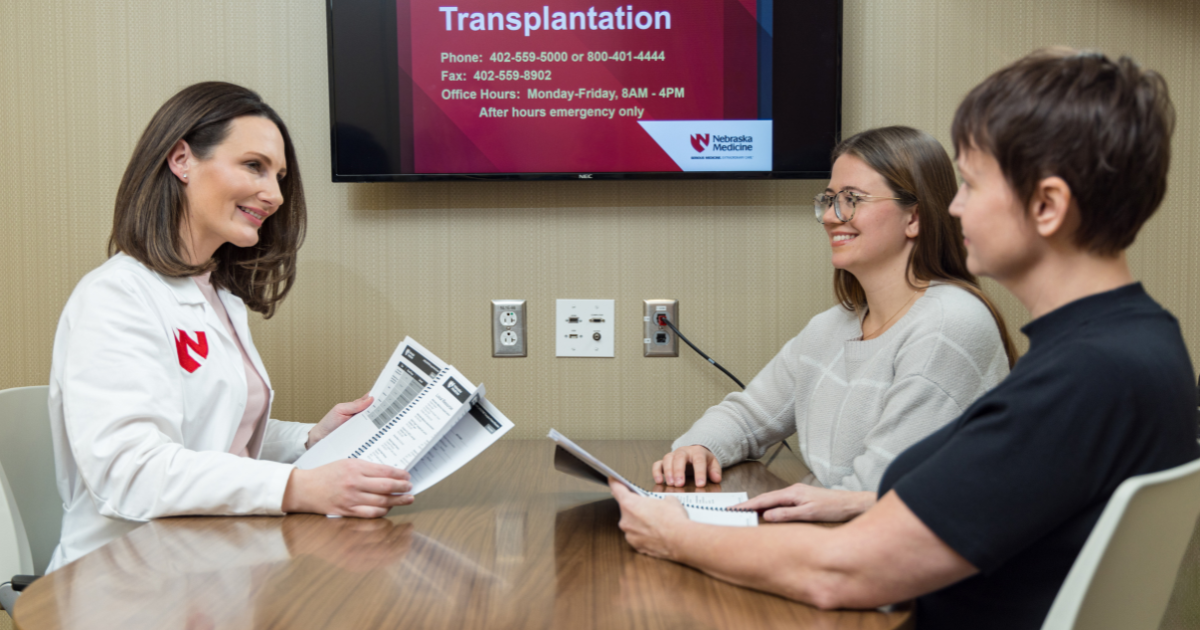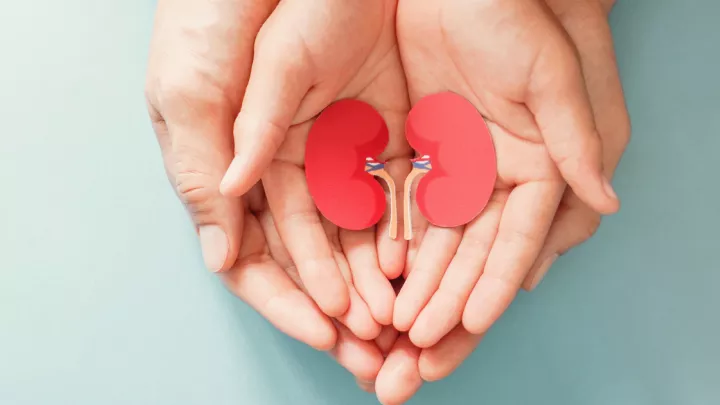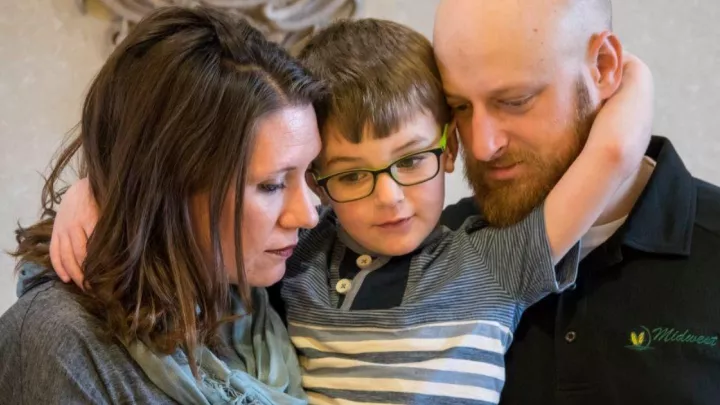Who pays for living organ donor transplants? Your financial questions answered

Becoming a living organ donor is a lifesaving decision that will likely raise many questions, including financial concerns. While there are myths and misconceptions surrounding living donations, there are even more good reasons to become an organ donor and make a life-changing difference in someone’s life.
The need is great. Over 100,000 people are on the national transplant waiting list, and every eight minutes, another individual is added to it. Living donors help meet a critical need for people with end-stage liver or kidney failure. Even better, you don’t need to be a family member to donate. Donors can be anonymous and even be scheduled in advance.
Who pays for living organ donor transplants?
A living kidney or liver donor should have no financial obligation for the overall evaluation, including laboratory testing, consultations with the multidisciplinary team, radiology, surgery, hospital stay and two-week follow-up care. This process, including any complications that may arise, is covered by the organ recipient's insurance, Medicare and other types of assistance.
“For anyone with end-stage renal disease or people that are nearing dialysis, the best option is a living donor,” says transplant coordinator Regina Rau. “Most insurance companies understand this, and we work with them to ensure the process is as smooth and safe as possible.”
The process is the same no matter who or where a donor comes from. The living donor team includes a surgeon, nephrologist, social worker, psychologist and independent living donor advocate.
A living donor can change their mind at any point in the process.
“Even if someone goes through the entire evaluation process and is cleared as a donor, they can opt out and are not held financially responsible even up to the day of surgery,” adds Rau.
An independent living donor advocate will walk with you each step of the way
An independent living donor advocate is assigned to each donor. These advocates are entirely separate from the recipient care and transplant teams and act as your voice, looking out for your well-being throughout all phases of the donation process, including:
- Talking with you before the evaluation begins to discuss how they can help support you throughout the process.
- Discussing your rights as a donor.
- Answering your questions along the way, including financial concerns.
- Being present as needed throughout the evaluation process, including in the clinic and while in the hospital.
Are there uncovered costs living donors are responsible for?
Although expenses like food, travel, lodging, lost wages and dependent care are not typically covered, living donor coordinators can help navigate additional support for uncovered expenses, and financial counselors are also available to answer billing and insurance questions.
Specific state and national programs may be able to help upon qualifying for assistance.
- Check with your state to see if they offer organ donation assistance. Certain states may offer reimbursement, grants or tax credits for living donors. For example, the Iowa Anatomical Gift Act provides grants to transplant recipients, candidates or living organ donors to help with reimbursement of out-of-pocket costs.
- The National Living Donor Assistance Center offers qualified individuals federally funded grants to help offset extra expenses up to $6,000. Download the NLDAC PDF for more information.
- The Meredith HAGA Foundation offers financial assistance to living organ donors to assist with extra expenses.
Check with your employer or human resources department to see if they assist living donors with extra expenses. This may come in the form of a special fund, PTO donation, reimbursement or other means of compensation. For example, as part of the Circle of Excellence Program facilitated through the American Society of Transplantation, employees of Nebraska Medicine who would like to donate are offered compensation for time away from work.
What should I do if I’m unsure but interested in being a living donor?
“Having the potential to give an impactful, lifesaving gift is an incredible opportunity,” says kidney-pancreas transplant manager Kari Zelenka. “If you have questions or are even a little bit curious about donation as an avenue you’d want to pursue, please call or submit an online form because we'd be happy to talk to you, answer questions and walk you through the process.”
Read more about common questions regarding living organ donation. The Living Organ Donor PDF also covers many areas of concern for potential donors.
“We often get asked about age, health factors, compatibility or other concerns,” says solid organ transplant program manager Nancy Theis. “I would encourage you to have the conversation even if you worry you may not be a match.”
If you’re not a match for a friend or family member, there are other ways to donate, such as through an exchange or transplant chain program, where donors and recipients who are not compatible can essentially be swapped to facilitate multiple transplants.
Become a living organ donor
If you are ready to become a living donor, we offer online forms to help initiate the process.











